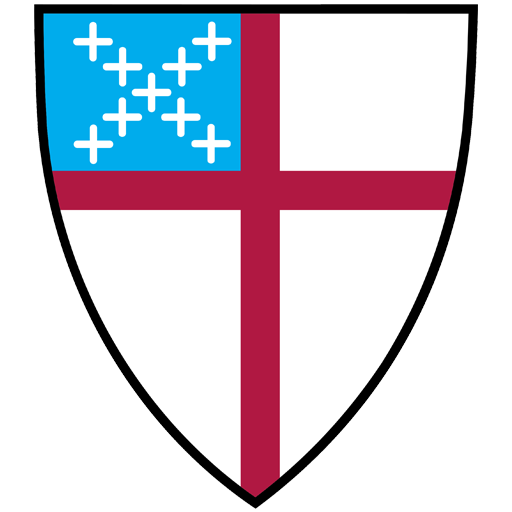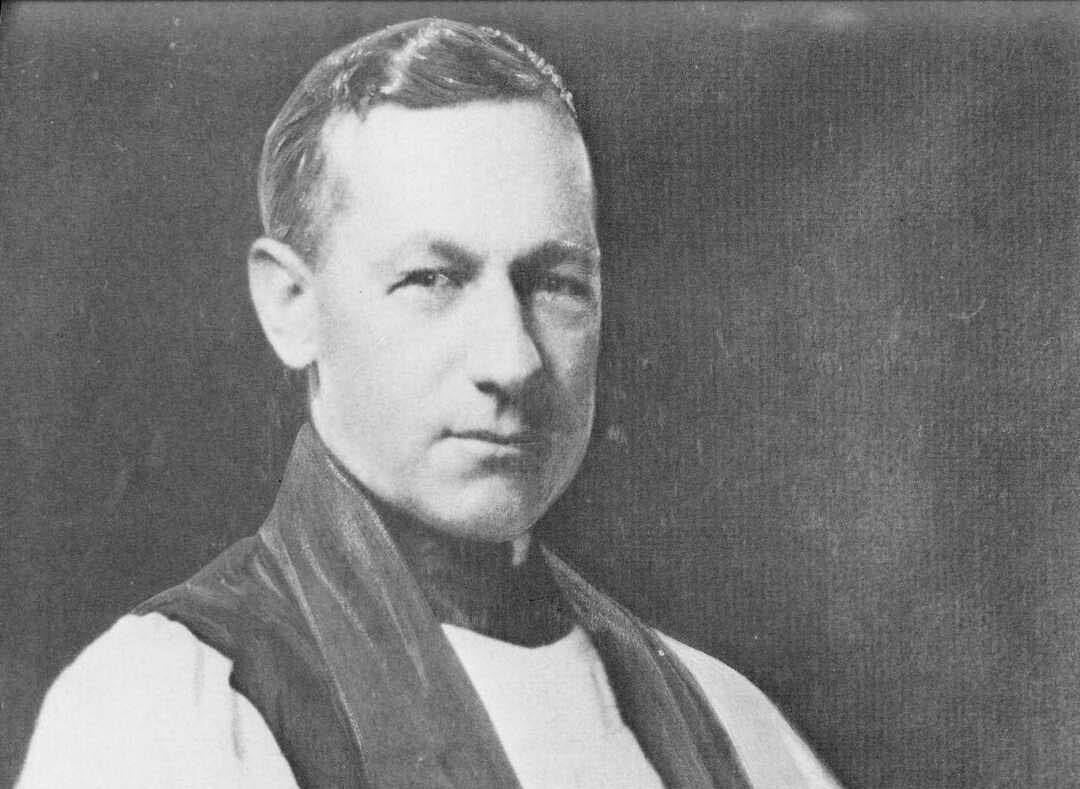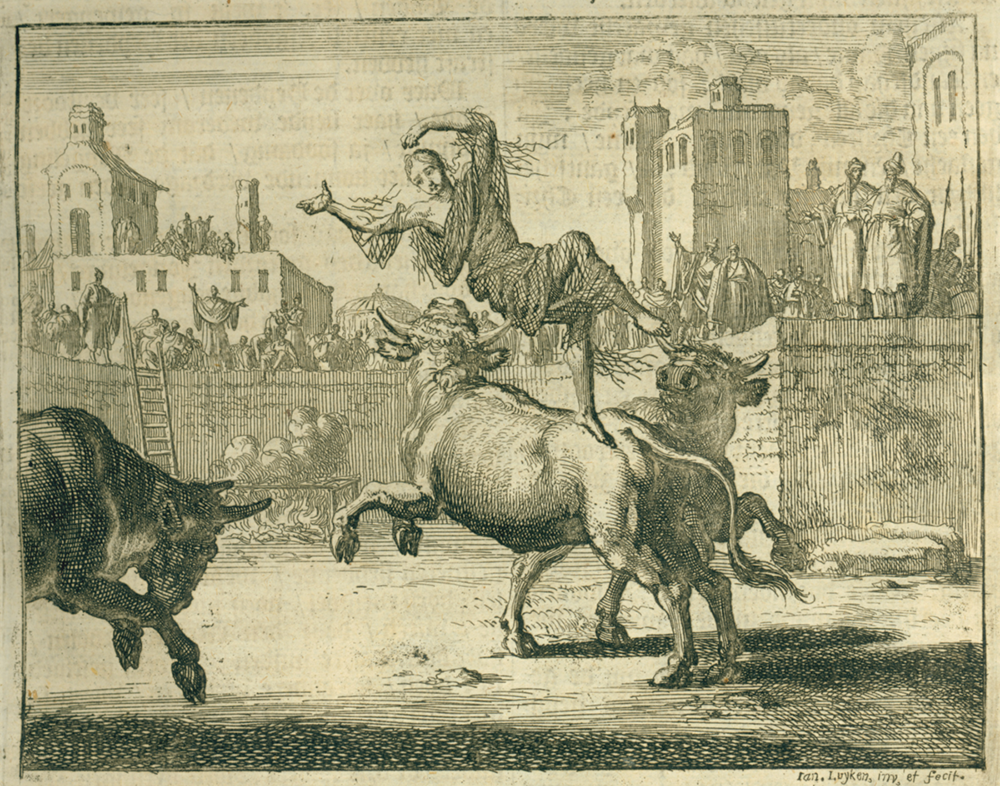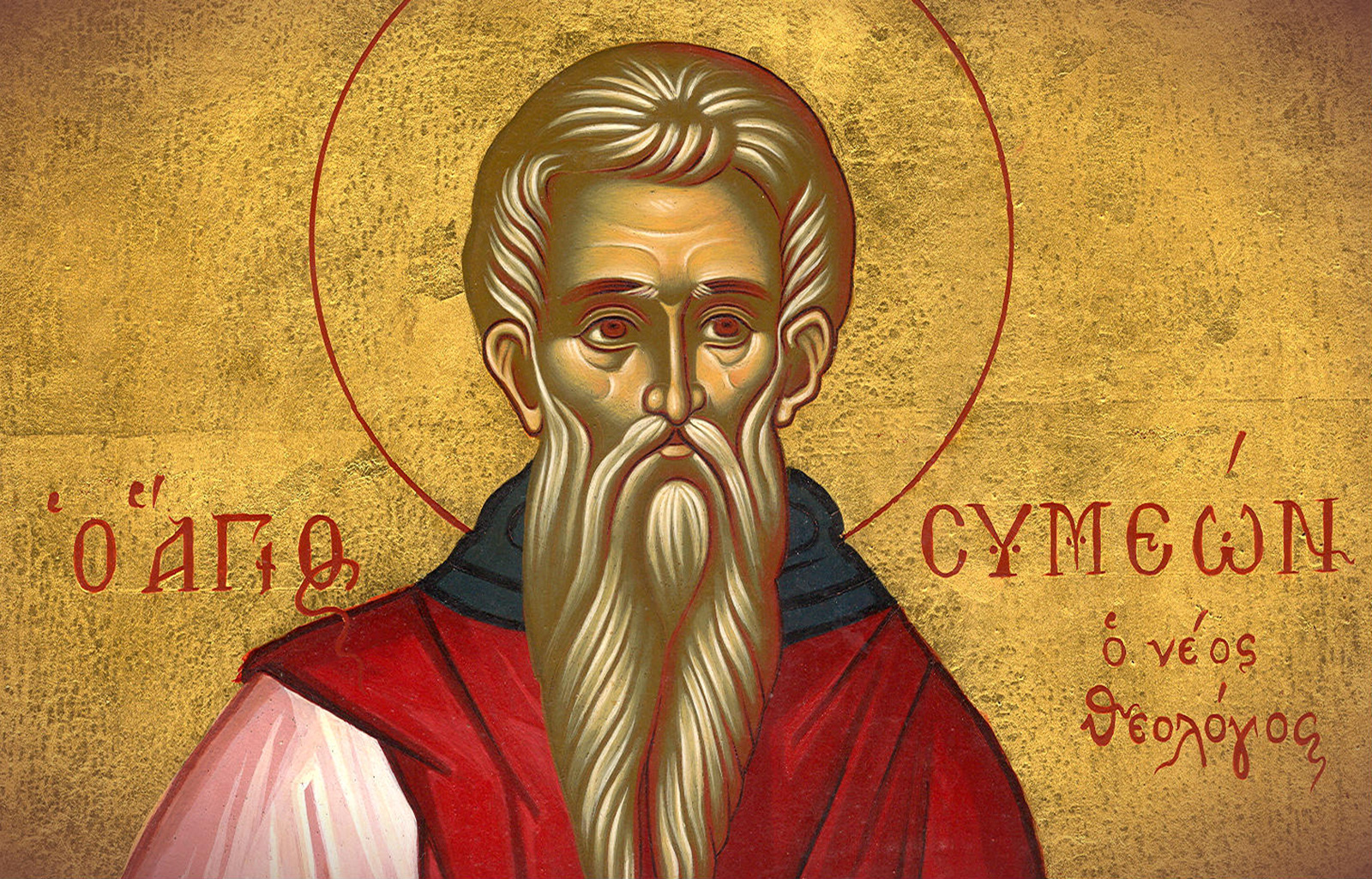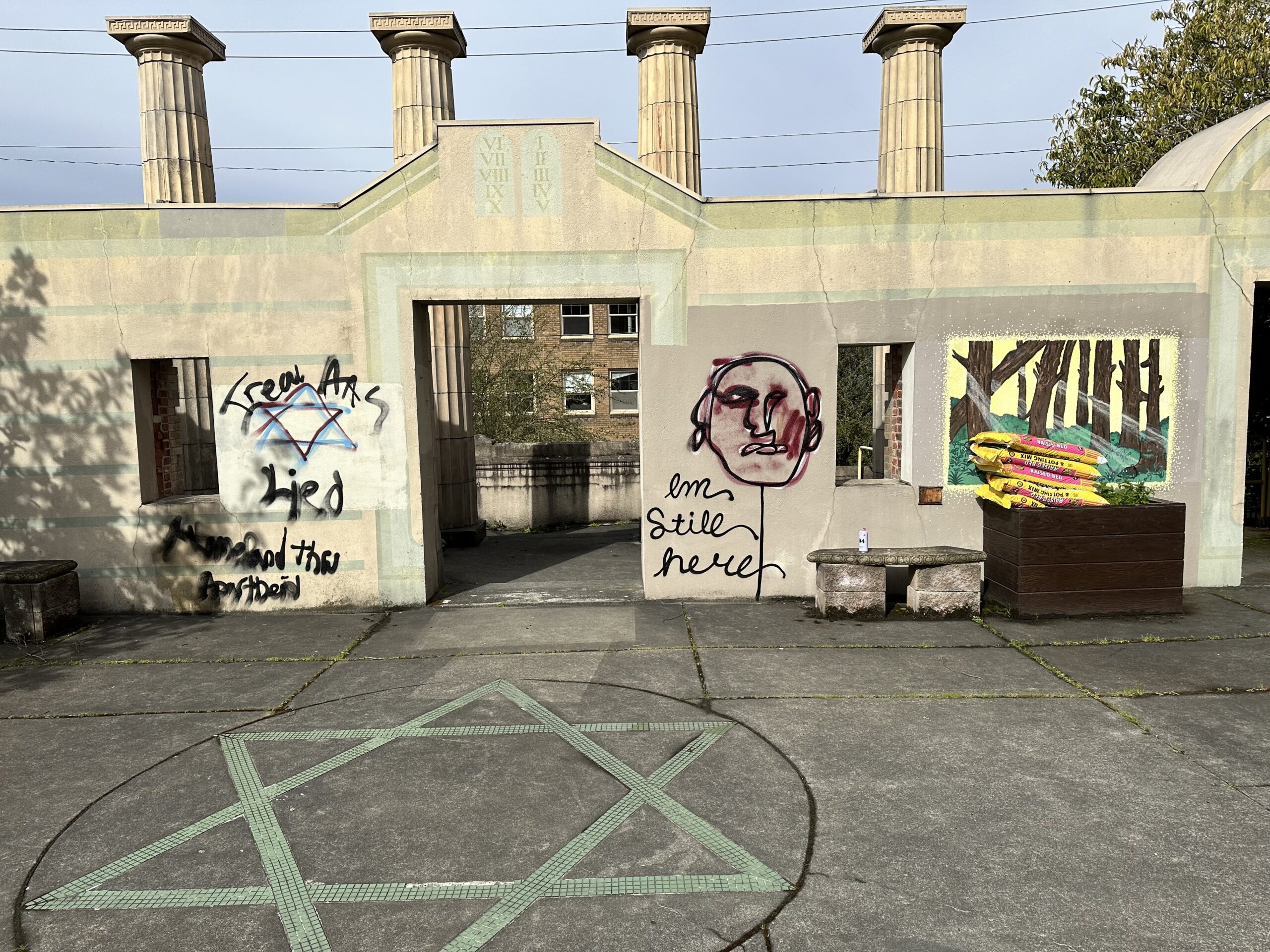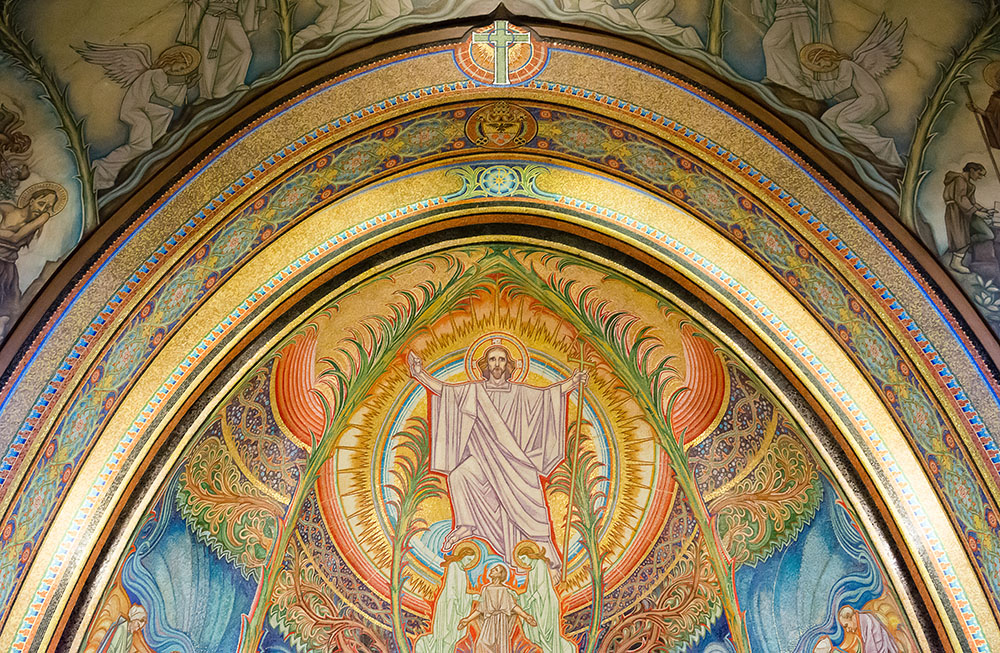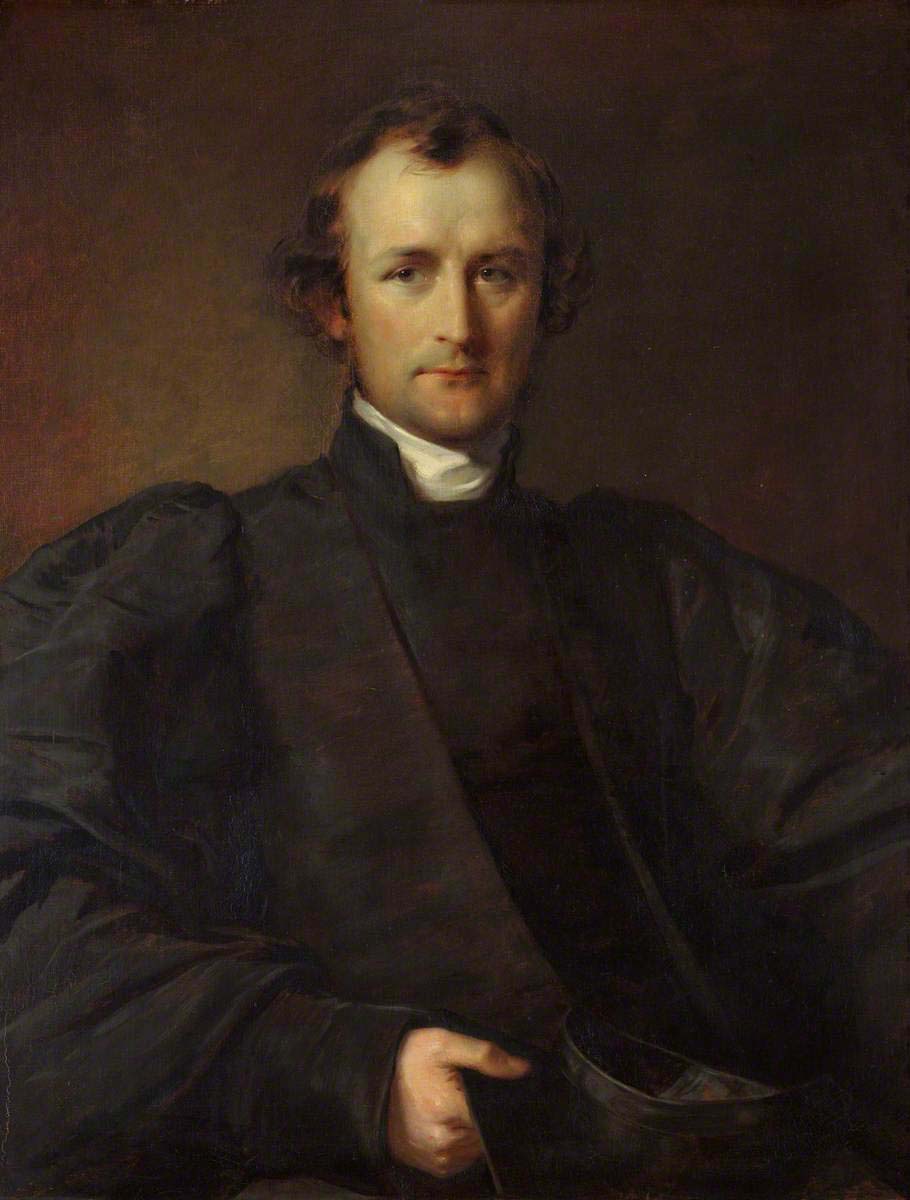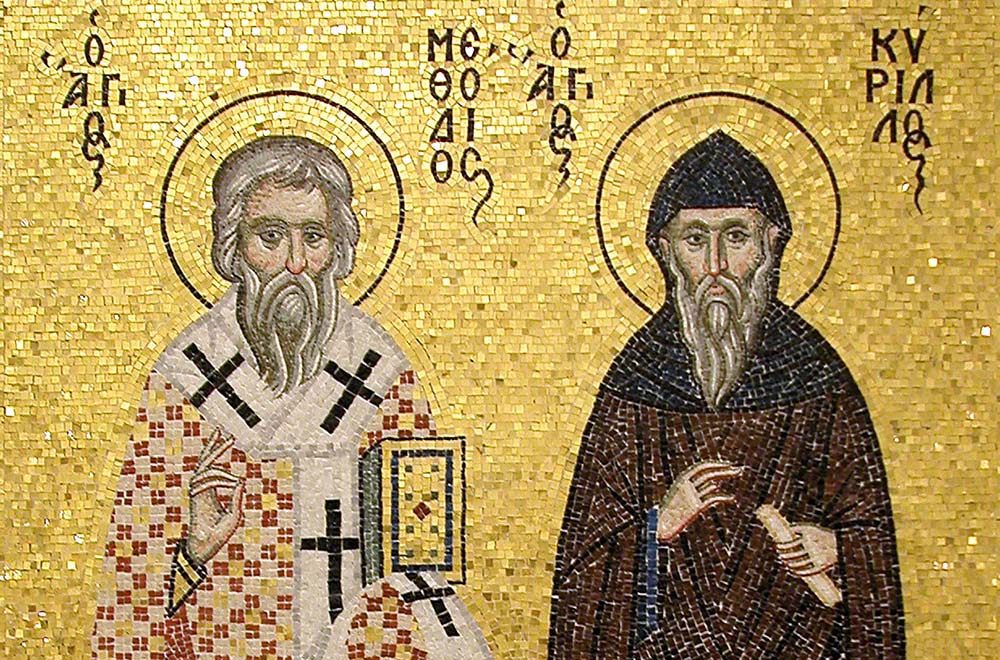Pastoral Thoughts, July 2023
I spent some of June 18’s sermon talking about Paul Jones, Bishop of Utah from 1914 to 1917. My interest in him stems from my time as the archivist at St. Paul’s Episcopal Church in Salt Lake City, before I was ordained. That church had a vault about two floors below ground level, and I would wander down there on my days off and organize whatever I found. My discoveries included their vestry’s stern denunciation of the Bishop for his comments opposing the United States entry into World War I.
